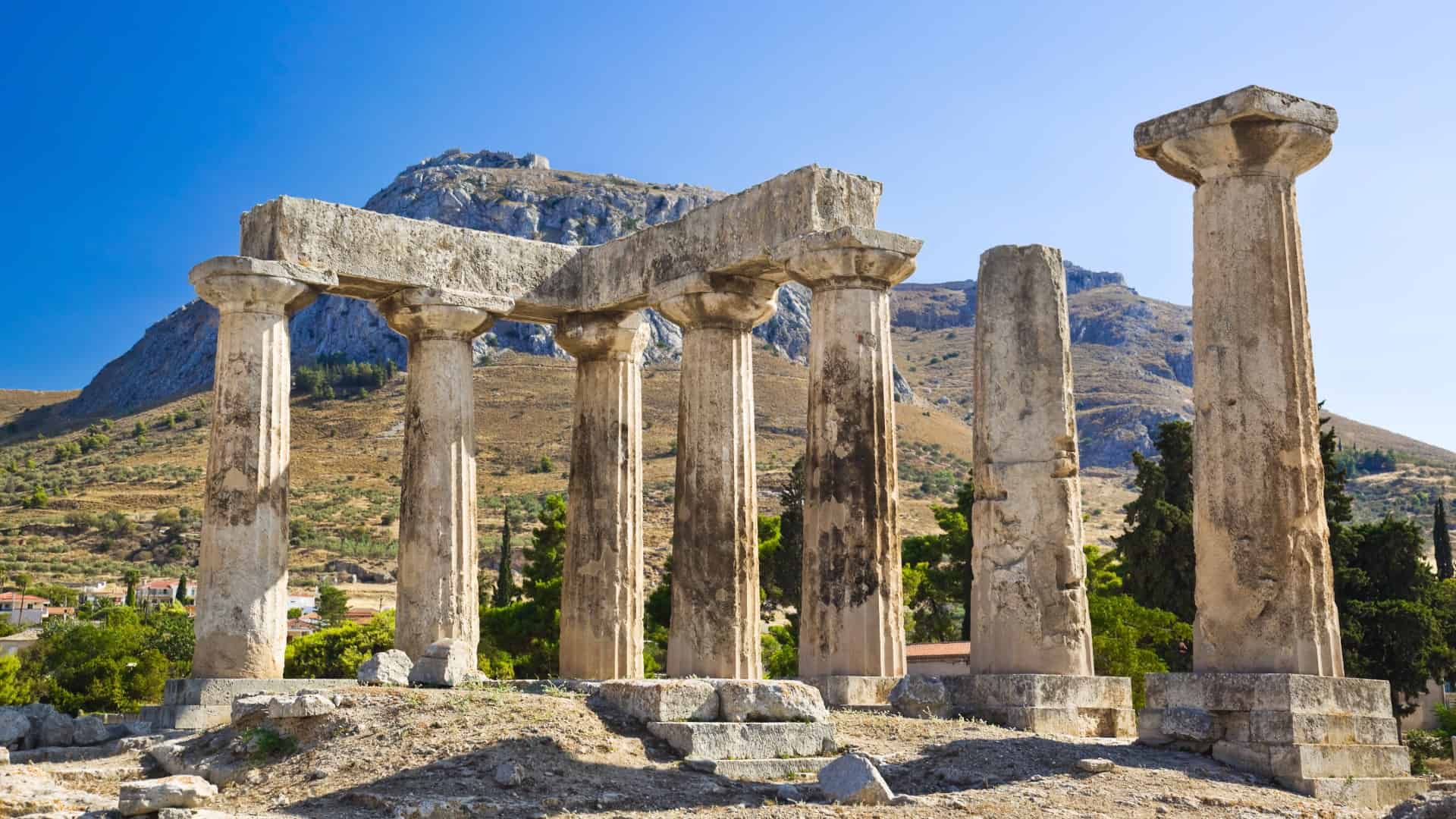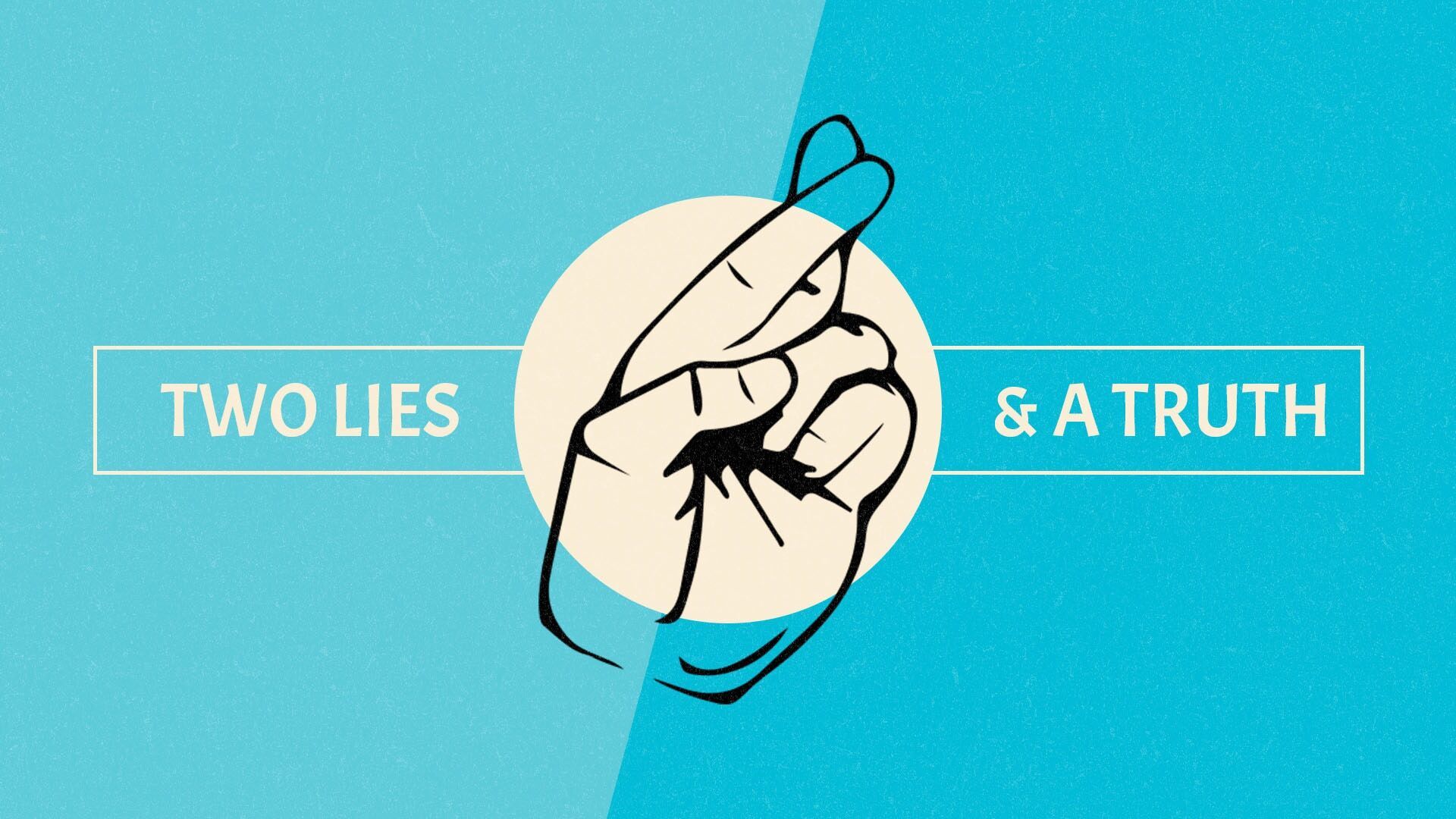When Freedom Goes Too Far (1 Corinthians 10)

Big Idea: Don’t blow your chance to live for the glory of God.
When I was in seminary, I faced a dilemma. I had promised the president of the school that I’d go out with him to an event to promote the seminary that Saturday night. But then someone offered me free concert tickets to a concert I really wanted to attend at Maple Leaf Gardens that same night. I really didn’t know what to do.
So I came up with what I thought might be a solution. I went to the president and told him what happened. I asked if he could find somebody else to go with him that Saturday.
What did he say? He reminded me that I had made a commitment, and then told me that I got to decide what kind of person I wanted to be. Did I want to keep the commitment I’d made, or should I break it? He gave me the freedom to decide.
What a dilemma. In case you want to know what I decided, I ended up breaking my commitment to the president and going to the concert. I made the wrong decision. To this day, I wish I’d given up the concert.
We face this kind of decision all the time. Here’s the basic question: How do we make decisions when we’re not sure what to do?
- When you attend an event where you’ve usually enjoyed a glass of beer, but someone attends that night who’s an alcoholic and may struggle as a result of your choice to drink, what should you choose?
- When you go to someone’s house and want to unmask, but someone is present who is uncomfortable with you unmasking, what should you choose?
- When we like a certain style of music that offends others, what should we do?
- How should we think about issues like tattoos or gambling or all kinds of other ethical issues?
The questions go on and on. The basic question is this: how can we decide what the right decision is when Christians disagree? We’ve been looking at this issue over the past few weeks.
Today we’re coming to the end of this section within 1 Corinthians. Here’s the issue. Some people in the church in Corinth were actually choosing to attend invitations to the banqueting halls associated with the pagan temples in Corinth. Why would they do this? Meat back then was a luxury. Attending a pagan feast could give you your protein fix for an entire month. When the choice came down to going without meat or going to a pagan temple, some Christians basically said, “Let’s just go. We won’t pay attention to the ceremony at the beginning led by the pagan priest. We’ll ignore the chants and when he offers the meat to an idol. But when the platter comes by, grab an extra piece.” Some Christians in the church had no problem with this. Others in the church had a huge problem with this.
Three Limits
So let’s see if we can put what we’ve learned over the past few weeks together with what this passage says. According to Paul, we should put three limits on our freedoms.
- Does my action damage the faith of another believer? Not just offend or irritate them but cause them to sin? Then I should limit my freedom. We looked at this two weeks ago in 1 Corinthians 8.
- Does my action hinder the spread of the gospel? Then I should limit my freedom. We looked at this last week in 1 Corinthians 9, with Paul talking about limiting his freedoms so his freedoms didn’t get in the way of the spread of the gospel.
- Does my action hinder my own spiritual life? Then I should limit my freedom. This is what we’re going to talk about today in 1 Corinthians 10.
Does my action damage the faith of another believer, hinder the spread of the gospel, or hinder my own spiritual life? If any one of these is true, then I should limit my freedoms. If my answer to any of these questions is yes, then I shouldn’t do it.
We’ve already spent a lot of time on questions 1 and 2. Let’s spend a few minutes looking at question 3 today.
More on Question 3
Does my action hinder my own spiritual life? Remember: the issue is that some were going to dinner at the pagan temples because it was the only way they could get meat. Paul says: hold on. The question isn’t where you can get a good deal on meat. The question is: does your action hinder your own walk with God? Back then the issue was eating out at a pagan temple. Today it may be watching a particular Netflix show or using marijuana or dating a particular person. The question is the same: What is the effect on our spiritual life?
In chapter 10, Paul makes three major points.
First, the Bible is full of examples of people who’ve answered this question wrong (10:1-12).
If you read the Old Testament, you discover that God gave so much to the people. God couldn’t have been more generous. He gave them benefit after benefit. And yet, by and large, the people completely blew it.
Sometimes I read the Old Testament and think, “How could you be so stupid? How could God give you so much, and you keep making stupid decision after stupid decision? How could you compromise so much with the surrounding cultures? How could you get it so wrong?”
And that’s what Paul says we’re supposed to learn. Paul says that we shouldn’t think we’re any better. We should learn from their example and not make the same mistakes they did.
Now these things took place as examples for us, that we might not desire evil as they did. Do not be idolaters as some of them were … Now these things happened to them as an example, but they were written down for our instruction, on whom the end of the ages has come. Therefore let anyone who thinks that he stands take heed lest he fall. (1 Corinthians 10:6-7, 11-12)
Friends, do not think for a minute that you are spiritually superior to the Israelites when they committed idolatry and sexual immorality. When you read the Old Testament and see how many mistakes they made, how often they grumbled, how often they sinned, don’t think you are any better. We face the same danger ourselves. So learn from their example. Realize the danger is as present for you and for me as it’s ever been.
Based on this, we should stay far away from choices that put us in spiritual danger (10:12-22).
Read what Paul says in verse 12: “Therefore let anyone who thinks that he stands take heed lest he fall.” “Paul,” you say, “I can handle it. I can handle eating at the pagan temple. I can handle that Netflix show. I can handle a romantic partner who doesn’t follow you.” Well, Paul says, you’re not really showing the proper care given the danger that you’re in. You’re overestimating your ability to handle sin and temptation.
If the Israelites failed so spectacularly, who are we to think that we’re any better? Paul says we shouldn’t ask how close we can get to danger. On the contrary, we should stay as far away as possible. “Therefore, my beloved, flee from idolatry. I speak as to sensible people; judge for yourselves what I say … Shall we provoke the Lord to jealousy? Are we stronger than he?” (1 Corinthians 10:14–15, 22)
In particular, when it comes to the pagan feasts, Paul issues a stern warning in verses 16 to 21. Going to a pagan temple is inappropriate for a follower of Jesus Christ. You can’t participate in an idolatrous ritual and then celebrate the Lord’s Supper as well. Extending that out, you can’t live one way on Saturday night and then come to church on Sunday and think everything is okay. Some activities put your soul at risk. Some activities are incompatible with being a follower of Jesus Christ.
That’s what Paul is saying so far. Take a careful look at the decisions you’re making. Don’t overestimate your ability to handle temptation. Stay as far away as possible from activities that are incompatible with your faith in Christ.
But then Paul says one more thing, and it ties together everything we’ve been looking at over the past three weeks.
In all of these tough decisions, live for the glory of God (10:23-33).
So, whether you eat or drink, or whatever you do, do all to the glory of God. Give no offense to Jews or to Greeks or to the church of God, just as I try to please everyone in everything I do, not seeking my own advantage, but that of many, that they may be saved. (1 Corinthians 10:31-11:1)
How should we ultimately make decisions? We should ask: Will it bring glory to God? Will it build up the church? Will it encourage unbelievers to receive Jesus as Lord? The question we should ask isn’t what will please us the most. The question we should ask is what will bring the most glory to God, what will help other believers to grow, and what will draw people to Jesus. “God’s reputation is greater than our personal preferences” (Tony Evans).
As I’ve been speaking tonight, I’m sure that all of us thought of a particular issue in our life. It could be something that we really want to do, even though we’re not sure it honors God. The message of tonight’s passage is clear: Don’t blow your chance to live for the glory of God. Don’t overestimate your ability to handle situations that will hinder your spiritual life.
After all, Jesus didn’t seek his own good but the good of others. He denied himself and went to the cross for his Father’s glory and for our benefit. We can learn to follow his example by making God’s glory and the good of our brothers and sisters our primary concern. Christ gave up many freedoms to secure our salvation. We’re called to do the same for his glory, the good of others, and for our benefit too.
Lord, help us to live this way. Help us not to play fast and loose with sin. May we stay as far away as possible from actions that will damage the faith of other believers, hinder the spread of the gospel, or hinder our own spiritual lives. May we follow the example of Jesus who limited his freedom for his father’s glory and our good. In his name. Amen.





